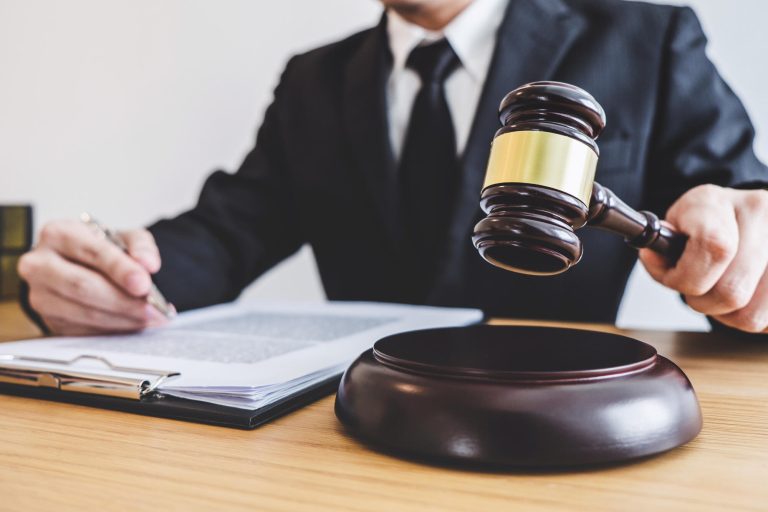Steps to Take When the Other Driver Refuses to Accept Responsibility in a Car Accident

Being involved in a car accident is stressful enough—but when the other driver flat-out denies responsibility, the situation becomes even more frustrating. You may feel like the facts are on your side, but the other driver’s refusal to admit fault can quickly complicate the process of seeking compensation for your injuries or vehicle damage.
When this happens, one of the most common issues that arises is insurance disputes after car accidents. Without a clear admission of fault, the claims process can stall or become more difficult to resolve fairly. That’s why knowing what steps to take in the aftermath of a disputed crash is essential to protecting your legal and financial interests.
1. Call the Police and Get a Report
No matter how minor the accident may seem, always call the police. A formal police report can serve as a key piece of evidence when the other driver denies fault. The responding officer will document statements from everyone involved, assess the scene, and possibly even determine who appears to be at fault based on physical evidence. This report may prove crucial later when you file an insurance claim or take legal action.
2. Document Everything at the Scene
Take photos of the vehicles, road conditions, traffic signs, skid marks, and any visible injuries. Get names and contact information for any witnesses who may have seen what happened. The more details you capture, the better your chances of showing the truth later on. If the other driver is being uncooperative, stay calm and avoid arguing—just focus on gathering evidence.
3. Notify Your Insurance Company Immediately
Report the accident to your insurance provider as soon as possible, and let them know the other driver is denying fault. Provide them with any evidence you’ve collected and a copy of the police report when it becomes available. Your insurer will begin an investigation and may negotiate with the other driver’s insurance company on your behalf. Be honest and consistent when giving your statement to avoid confusion or delays.
4. Avoid Direct Contact With the Other Driver About Fault
It’s best to let the insurance companies or your attorney handle all communication related to fault. Speaking directly with the other driver—especially if tensions are high—can lead to misunderstandings or statements that could be used against you. Focus instead on working through the proper channels to resolve the dispute.
5. Consult a Car Accident Attorney
If the other driver refuses to accept responsibility and your claim is denied or delayed, consult a personal injury attorney. A lawyer can help you gather additional evidence, speak with experts, and handle communication with insurance adjusters. They’ll also be able to explain your legal options, including the possibility of filing a lawsuit if negotiations fail.
6. Keep All Records and Communications
Hold on to every piece of paperwork related to the accident—emails, texts, medical bills, repair estimates, insurance letters, and more. These documents can help support your claim and show the timeline of events. If your case goes to court or into arbitration, having a well-organized record of everything can make a big difference.
7. Stay Patient but Proactive
Disputed car accident cases often take more time to resolve, especially when liability is contested. Continue following up with your insurance company and attorney, attend all medical appointments, and follow through with recommended treatments. Staying proactive shows that you’re serious about your recovery and your claim.
Final Thoughts
When the other driver refuses to take responsibility, it’s easy to feel stuck—but you’re not powerless. With the right steps, clear documentation, and legal guidance, you can protect your rights and pursue the compensation you deserve. If you’re in this situation, attorneys are there to help you navigate the road ahead and stand up for what’s fair.
read more : Cloud Testing: Scaling Your Testing Infrastructure





